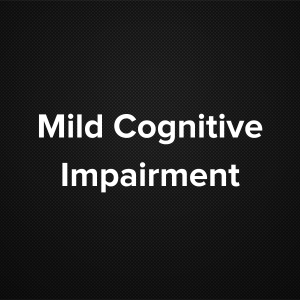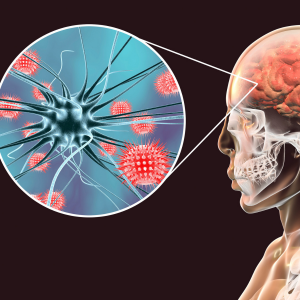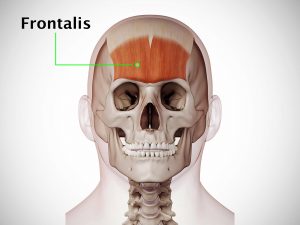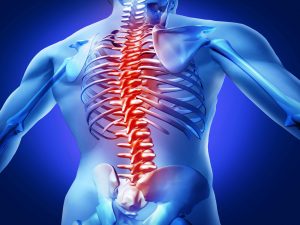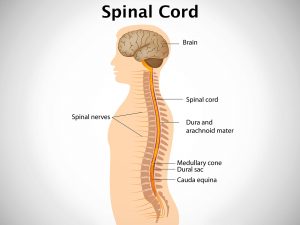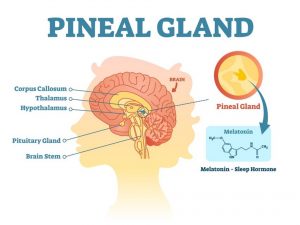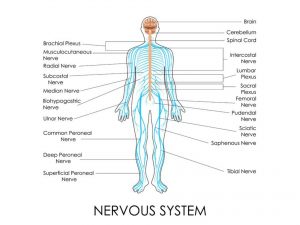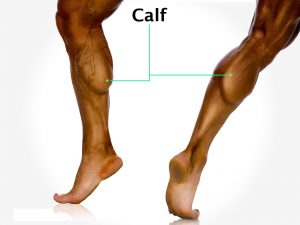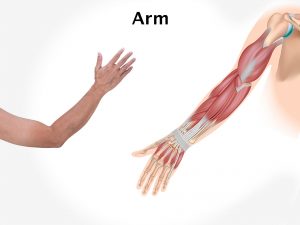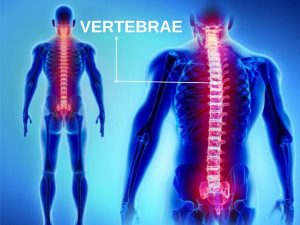Causes and risk factors
MNM can be caused due to diseases like diabetes mellitus, SLE, rheumatoid arthritis, polyarteritis nodosa, scleroderma, Sjogren syndrome, Wegener’s syndrome, Lyme disease, amyloidosis, sarcoidosis, leprosy. Lack of oxygen by decreased blood flow can lead to the disease. Vasculitis can also cause MNM, i.e., inflammation of blood vessels around certain nerves can cause the condition.
Clinical presentation
Symptoms depend upon the nerves involved. Loss of sensation in one or more parts of the body, weakness in one or more limbs; numbness, tingling, or burning pain in one or more parts of the body. There can be paralysis of any part of the body. Incontinence of bowel and bladder can occur.
Investigations
Medical history by the patient and clinical examination by the doctor helps in diagnosis. Electromyogram is advised. Biopsy of the affected nerve is recommended. Nerve conduction studies are performed. Blood tests may include tests for CBC, rheumatoid factor, thyroid function, liver function, ESR, C-reactive protein, etc. Antinuclear antibody test is done. X-rays of affected parts are obtained.
Treatment
The treatment depends upon the underlying cause. Medications like pain relieving drugs, anticonvulsants, antidepressants, etc., are prescribed. Assistive devices such as braces, corrective shoes, wheelchair, etc., are helpful. Physiotherapy is needed. Vocational therapy to rehabilitate the patient will also help in managing the patient.
Complications
Complications such as muscle wasting, deformities, impotency, kidney disease, lung disease, gastrointestinal disease can occur. Repeated or unnoticed injury to the affected area due to lack of sensation may occur.
When to Contact a Doctor
One must consult a doctor if there is loss of sensation in one or more parts of the body, weakness in one or more limbs, numbness, tingling, or burning pain in one or more parts of the body.
Systems involved
CNS
Organs involved
Nerves in any part of the body


